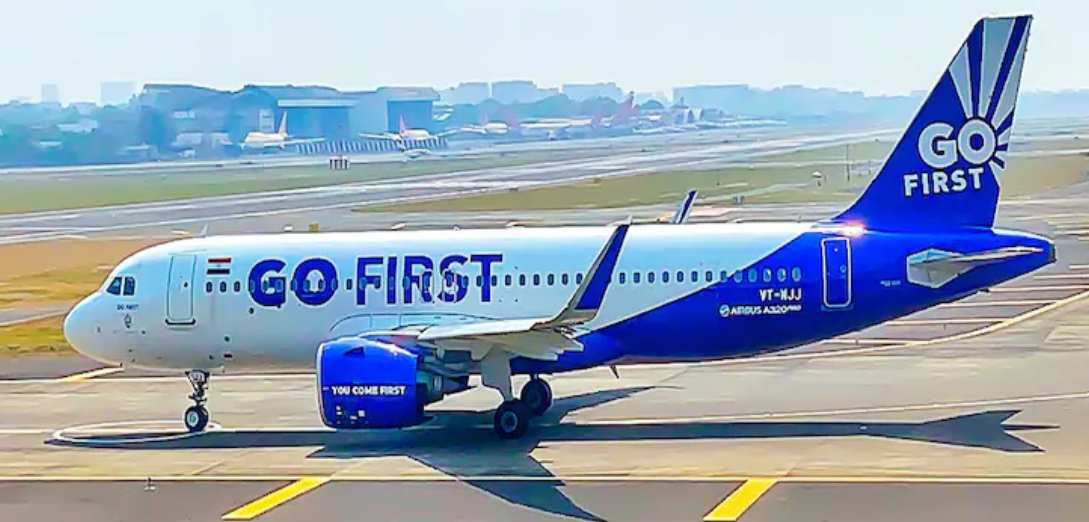The Delhi High Court has found in favour of 14 leasing companies seeking to repossess 54 aircraft leased to Go First, enabling the lessors to continue with the process to deregister the aircraft with the Directorate General of Civil Aviation (DGCA) and take back their aircraft. The court also noted that the airline was to ensure it passed all documentation to the lessors and with all spare parts intact, that all required maintenance tasks were upheld as per the agreements, and access granted to the parked aircraft.
Go First/Go Air had leased 54 aircraft from 14 lessors for a period of 10 years each (mainly A320aircraft). Following the airline’s insolvency, the lessors sent notices of default and request for the payment of arrears, which were not paid and subsequently the lessors terminated the lease agreements in May 2023 and started repossession proceedings beginning with the deregistration of the aircraft with Indian aviation regulator DGCA. In the meantime however GoAir filed for bankruptcy and the process was stalled. The lessors have been battling ever since to lift the moratorium on the aircraft.
The DGCA is understood to be complying with the order to deregister the aircraft, then the real work will begin for the lessors to inspect their aircraft to assess the scale of maintenance requirements, any parts cannibalisation and embark on the long journey to return the aircraft to service with new lessees.
All the aircraft have GTF engines, which are impacted by the power metal coating issue and with the lack of maintenance for the past 12 months, they will likely require extensive work to be carried out to become serviceable. However, the scale of the GTF issue means that slots in Pratt & Whitney engine shops are at a premium and are currently taking between 320 to 420 days to service an engine.
The refusal of the airline to conduct any maintenance during the period of its insolvency and by not permitting the lessors to have access to the planes to take over those requirements, has created real frustration among lessors. During other airline insolvencies, lessors have more or less always been granted access to their aircraft for maintenance purposes to ensure they are kept in a serviceable state. Go First did not allow this to happen and it is also reported to have cannibalised parts from these aircraft for use on other equipment while the parties were waiting for a hearing in the high court.
The ruling in favour of the lessors in this case is a victory for Indian aviation since experts agree that it will force a change in the legal environment to ensure that the Cape Town Convention is correctly applied in the country strengthening its own burgeoning leasing market.
Lessors win battle to deregister GoFirst aircraft
